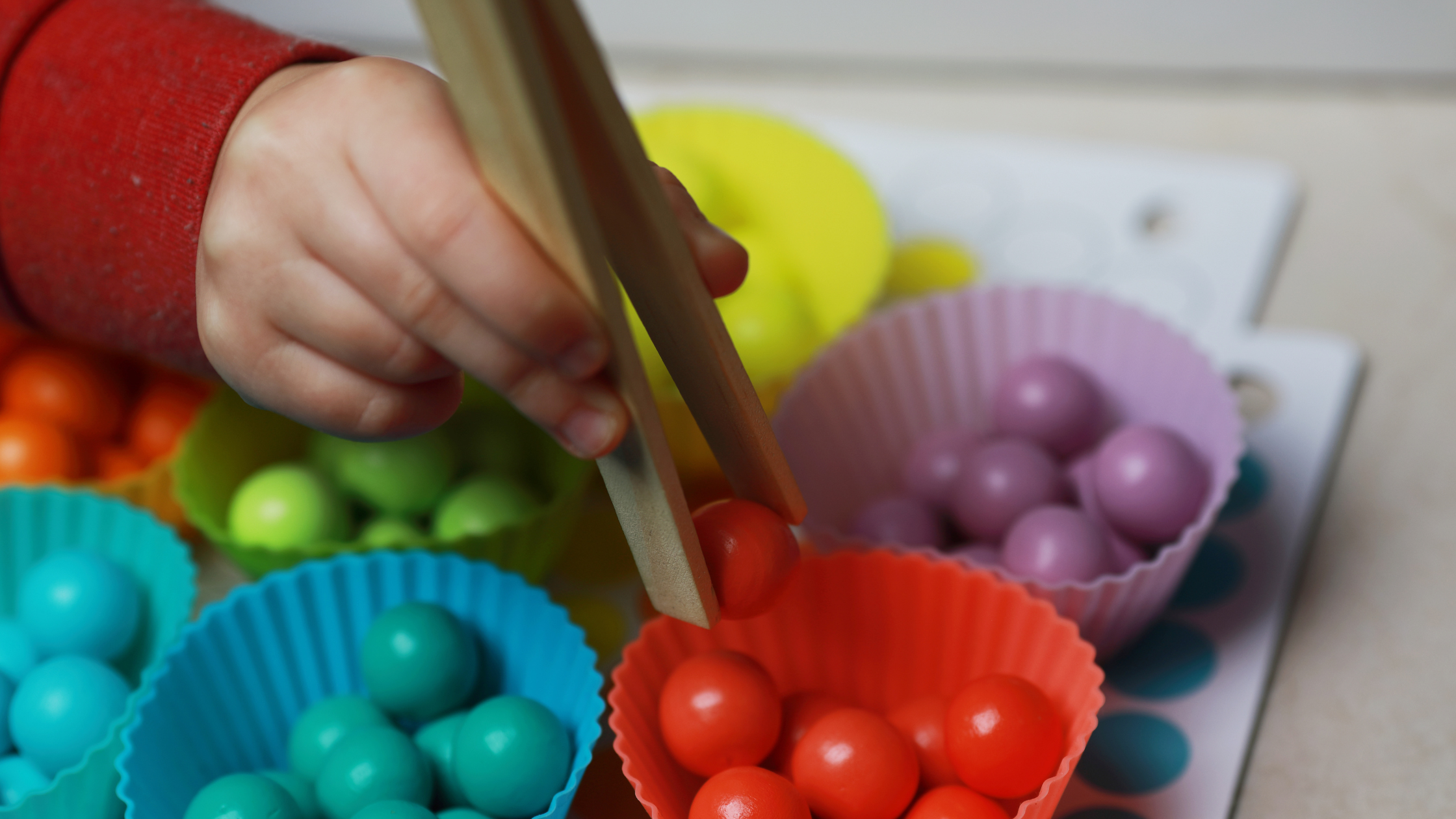

Motor skills and Learning Dyslexia
Did you know Movement is to Brain Development as Water is to Plants
Did you know that Balance is Crucial for fluent reading.
Sounds funny right! Who would believe that if my motor skills were affected I would have difficulty in reading and writing.
Let's find out.
To understand this connection first let us know what motor skills are.
Motor skills refer to the body's ability to coordinate the process of movement. To execute motor skills, a person's brain, muscles and nervous system must all work in sync. When we say a person's motor skills are good we mean that he/she can perform a desired movement correctly using the motor skills. Motor skills not only include our upper and lower limbs but also include the ability to track the movement of an object with one's eyes. Your motor skills may change over the course of your lifetime.
Motor skills can be divided into fine motor and gross motor skills
Fine motor skills are those that involve small controlled movements such as writing or threading a needle while Gross motor skills refer to large body movements such as balancing on one leg, bending, or walking.
Motor skills develop in early childhood and keep developing through our life time. Motor skills are improved and straightened by repeated actions either in the form of exercise or in the form of repeated motions enhancing muscle memory.
These skills when impaired at different levels hamper the progression further depending on the occupational need of the person, for example if it is due to accident, injury, disease or age related regression the further lifestyle will be affected. For such cases intervention and accommodation would be needed.
Similarly, in children when motor skills are affected they do cause physical challenges which in course of time affect various pillars of academic functioning.
Developmental delay of motor skills involving movement and posture can leave children with coordination substantially below that of others of their age and intelligence level.
Motor skills can be predictive of cognitive skills beyond infancy—at least in the domain of mathematical cognition. Studies have proved that the vestibular system coordinates eye movements. The very activities that young children are naturally inclined to do like jumping, rolling, spinning and rocking all activate and stimulate the inner ear of the vestibular system.
Dyspraxia is referred to Motor difficulty refers to problems with movement and coordination whether it is with fine motor skills (cutting, writing) or gross motor skills (running, jumping). A motor disability is sometimes referred to as an “output” activity meaning that it relates to the output of information from the brain. In order to run, jump, write or cut something, the brain must be able to communicate with the necessary limbs to complete the action.
Signs that an individual might have a motor coordination disability include problems with physical abilities that require hand-eye coordination, like holding a pencil or buttoning a shirt.
Poor hand eye coordination and poor tracking will result in difficulty in neatness and consistency of copying letters and words, recognition of the same, reading fluency, writing organization and coherence, which all indirectly lead to the classical signs in a child with learning difficulty.
What can you do as a parent?
While parents are sold on all bells and whistles to build their child's intelligence, nothing but floor time, movement physical touch intimacy have found profound effect on brain development brain organization and IQ.
The more movement and physical touch and intimacy that a child has in the first 3 years of life and up to 6 years, the better the chances of optimal brain development.
Motor skills developed at the right time with very basic activities which parents can do with their children like
Drawing.
Folding clothes.
Hanging them with a clothespin.
Squeezing Play-Doh.
Using clay.
Pastry dough.
Opening bottles and containers.
Using scissors.
Threading objects onto a string.
Sorting and stacking coins.
Lot of board games like snakes and ladders, chess etc. also help with fine motor skills, but the real ones which we play with a dice and coins. Holding the coin is a three-point grasp typically which we need to hold a pencil. Unfortunately playing them on screens encourage only individual finger movements which does not help to improve the grasp.
If you are worrying that it's too late because your child is way past the toddler years this study will give you the springboard that it's never too late!
A 2003 study found children with learning and reading difficulties as late as grade 3 showed marked improvement in both abilities to focus and their reading ability when they regularly engaged in movements that stimulated these centers of the brain
So what are you waiting for?
Also read,
How TABIS Helps Students With Learning Disabilities Learn And Grow In School?
Author: - Dr Rukaiya Harianawala,Occupational therapist,MSc(O.T)